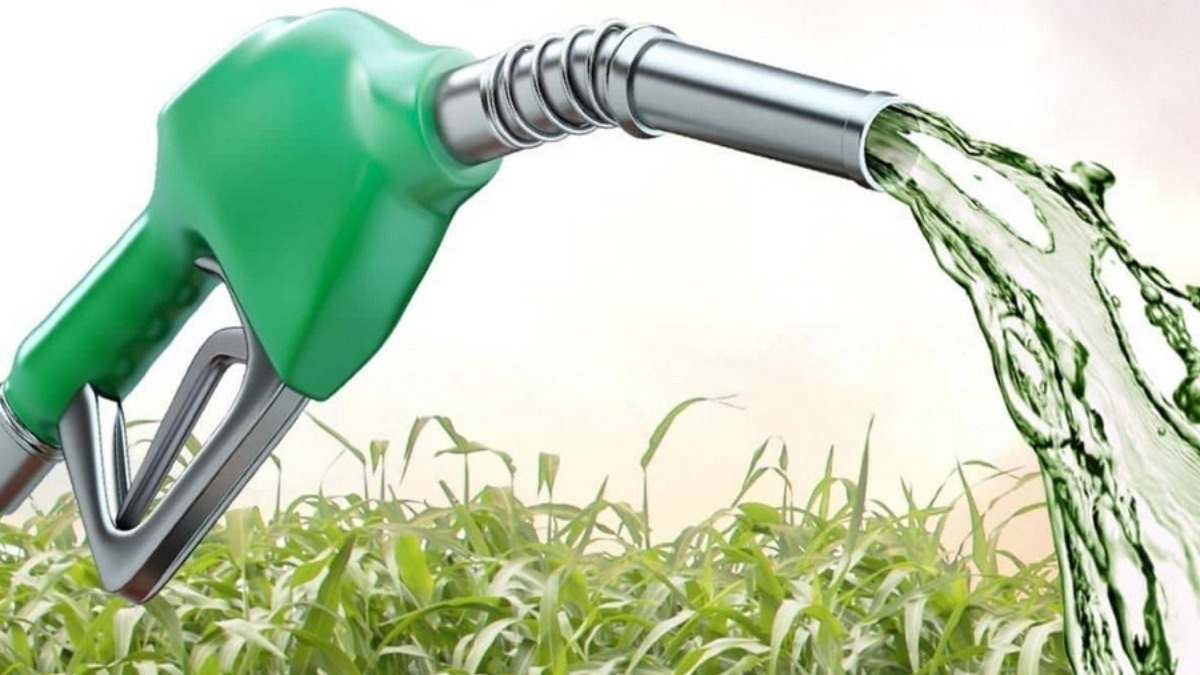A Policy Push to Secure Domestic Ethanol Supply
Indonesia is moving closer to realizing its renewable energy ambitions as key industry players urge the government to implement a Domestic Market Obligation (DMO) and Domestic Price Obligation (DPO) for ethanol feedstock. This initiative is designed to ensure that a sufficient quantity of raw materials—particularly molasses from sugarcane—is reserved for domestic bioethanol production.
The call to enact a feedstock DMO comes amid rising concerns about Indonesia’s vulnerability to energy market fluctuations and its dependency on imported fossil fuels. With demand for bioethanol projected to soar as the government prepares for nationwide biofuel mandates, stakeholders argue that it is crucial to secure reliable, affordable, and sustainable sources of feedstock domestically.
This policy, if enacted, would mimic similar mechanisms applied to coal and palm oil—sectors where DMO and DPO regulations have helped stabilize supply and pricing in the domestic market.
The Role of Ethanol in Indonesia’s Energy Strategy
Indonesia’s energy policy has evolved over the past decade to embrace bioenergy as a cornerstone of its long-term sustainability plan. Ethanol, derived primarily from sugarcane and cassava, is a clean-burning fuel that can be blended with gasoline to reduce carbon emissions.
The country currently lags behind peers like Brazil and the United States in bioethanol production and utilization. While Indonesia has implemented B35 (a 35% biodiesel blend) successfully, ethanol blending remains negligible. To change this, the government has laid out a roadmap aiming for a 5% ethanol blend (E5) across the country by 2028.
Achieving this target would require an estimated 1.7 billion liters of bioethanol annually. However, Indonesia's current production capacity is far below this mark. Limited feedstock availability, export competition, and inadequate processing infrastructure have all hampered progress.
Why Feedstock DMO Matters
A feedstock DMO would require producers of key bioethanol inputs—primarily molasses, but potentially also cassava and sweet sorghum—to allocate a specified percentage of their output for domestic ethanol manufacturers. Currently, much of this feedstock is exported due to more lucrative global prices.
Bioenergy producers argue that without a DMO, local ethanol manufacturers are left with inconsistent supply and high input costs, making it nearly impossible to meet domestic demand or compete globally. In tandem with a DPO, which would fix or stabilize feedstock prices for local industries, the policy could make ethanol production more viable and predictable.
John Anis, the CEO of Pertamina NRE (New & Renewable Energy), has been among the strongest proponents of this approach. “We need a mechanism to ensure molasses is available at affordable prices. Without it, we can’t scale production to meet national energy goals,” he said in a recent statement.
Economic and Environmental Implications
Implementing a feedstock DMO could generate a wide array of economic benefits:
- Job creation: The expansion of domestic ethanol production would spur employment in agricultural processing, logistics, and plant operations.
- Energy independence: Reducing reliance on imported fossil fuels would improve Indonesia's trade balance and energy resilience.
- Industrial development: Stimulating local biofuel industries could encourage investment in research, development, and innovation.
Environmentally, shifting toward ethanol-blended fuels would reduce Indonesia’s carbon footprint and urban air pollution, especially in densely populated areas. Ethanol is biodegradable and produces fewer greenhouse gases per unit of energy than gasoline, making it a strategic tool in the fight against climate change.
Lessons from Other Countries
Countries like Brazil and India offer valuable case studies in bioethanol success stories. Brazil mandates a 27% ethanol blend in gasoline and has built an efficient ethanol supply chain supported by strong government policy, including price controls and mandatory supply allocations.
India, on the other hand, has implemented both DMO and DPO policies to redirect sugar surplus into ethanol production. This move not only supports its ethanol blending targets but also helps stabilize sugar prices and reduce agricultural waste.
Indonesia, with its vast agricultural resources, has the potential to replicate or even surpass these models. However, this will require clear regulation, investment incentives, and coordination across ministries and industries.
Challenges to Implementation
Despite the potential, several challenges must be addressed before a DMO/DPO scheme can be rolled out effectively:
- Feedstock volume assurance: Will sugarcane plantations be able to sustainably meet both food and fuel demands without compromising either?
- Price control complexities: Fixing prices could lead to disputes between producers, exporters, and government regulators.
- Monitoring and enforcement: Ensuring compliance across a fragmented agriculture sector will demand a robust regulatory framework.
Stakeholders have suggested a phased approach, starting with pilot programs in regions with high sugarcane yields such as East Java, Lampung, and South Sulawesi.
The Role of Government and Private Sector Collaboration
Public-private partnerships will be crucial in realizing the ethanol feedstock DMO vision. The Ministry of Energy and Mineral Resources (ESDM), Ministry of Industry, and Ministry of Agriculture must coordinate closely with associations like APTRI (Association of Sugarcane Farmers of Indonesia) and energy companies such as Pertamina.
Financial incentives and subsidies may also be necessary in the early years to encourage farmers and ethanol producers to align with national energy goals.
Moreover, logistics infrastructure, including transportation and storage for bioethanol, needs major upgrades to support any significant increase in production and distribution.
Final Thoughts
Indonesia stands at a critical juncture in its energy transition journey. By enacting a DMO and DPO for ethanol feedstock, the country can lay the foundation for a thriving, sustainable biofuel industry that aligns with its environmental, economic, and energy goals.
The policy is not without risks or complexities. Yet, with strong political will, transparent regulation, and active stakeholder engagement, ethanol feedstock DMO could become a game-changer—providing a steady path toward cleaner energy and greater national self-sufficiency.
Read More






 Wednesday, 04-03-26
Wednesday, 04-03-26







